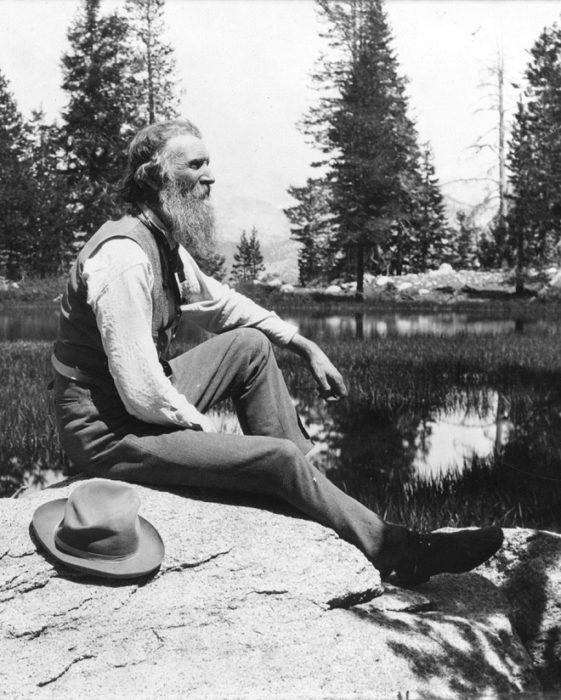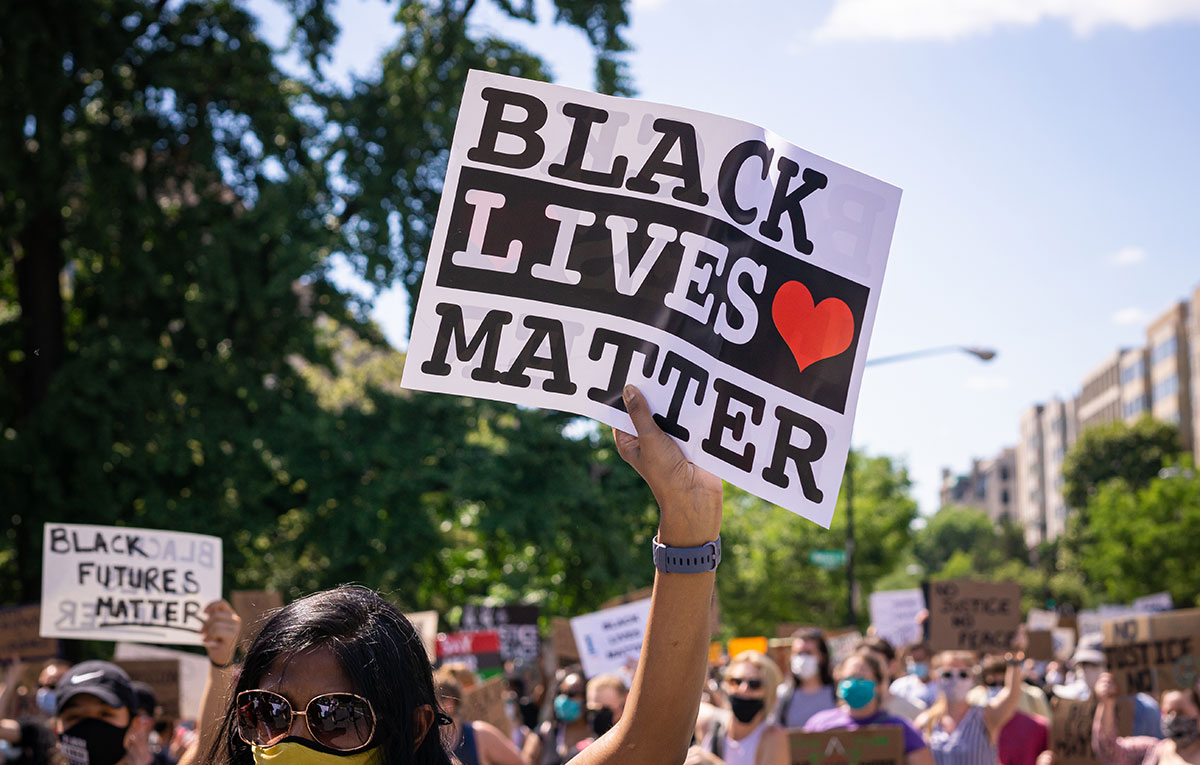Environmental organizations have a history of racism.

Much of the history of the environmental movement has been rooted in white supremacy and racism: From supporting the removal of Indigenous communities to make way for the creation of US National Parks, to then excluding Black, Indigenous and People of Color (BIPOC) people from being able to even access those same parks.
Today, environmental organizations still often ignore the very real impacts of fossil fuels, deforestation, and the climate crisis that land on Black and Brown people around the world.
The truth is, white supremacy exists in all facets of our world. Even in the halls of some of the greatest institutions fighting for people, planet, and forests there has been an incredible amount of harm caused.
Over the past decade in particular, we have worked to shift our internal culture toward racial equity, educating our staff on ways to undo racist cultures at the organization. We’ve focused heavily on making sure every campaign has a racial justice lens to ensure that we’re not silencing the voices that are most important to elevate. We have a deep commitment to regranting our funds, taking leadership from BIPOC communities impacted by the issues we work on, and using our platform to undo the harm inflicted on communities of color.
The climate crisis is an existential crisis. Forests and the communities that depend on them are still under real and imminent threat. But we simply can’t make progress on these and many other critical fronts if we don’t reconcile the racial inequity that is pervasive throughout our culture.
There is no climate justice without racial justice.
Forest protection, climate justice and human rights are the same fight — and without racial justice there can be no progress on any of those fronts. From the disparate impacts of fossil fuel industries on Black and Brown communities to the violation of Indigenous rights in pipeline projects and the human rights violations of big agribusinesses around the globe — racial injustice is at the center of the resource extractive industries we fight against.We must proactively address the issue of racial inequity directly if we hope to solve pressing — and connected — issues such as stopping climate change, transitioning to a clean energy economy, and preserving critical ecosystems.
We can’t win fights for forests and climate without addressing the exploitation of Black, Brown, and Indigenous people around the world. We can’t keep forests standing and protect the climate without upholding human rights and protecting Black lives.
The fight against climate change, deforestation, and human rights abuses is inextricably linked to the fight for racial justice. Climate justice and racial justice are one in the same, and the environmental movement is not whole without bringing a racial justice lens to the forefront of fighting corporate power.
At Rainforest Action Network, we believe racial inequity underpins all systemic injustice. And we’re committed to challenging that fundamental, pervasive inequity. Because, in the simplest terms, there can’t be environmental or climate justice without racial and social justice.
